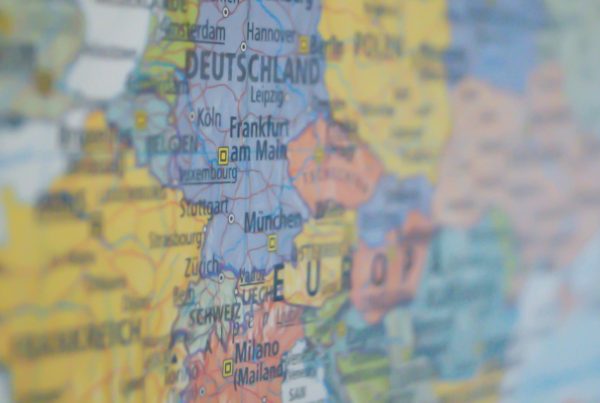In an increasingly aware world of the environmental and social impacts of production and trade, more advanced countries are leading the way in implementing rigorous controls for supply chains. These controls aim to ensure that traded products do not come from illegal sources, have not caused harm to the environment, violated international laws, breached international protocols, or human rights.
One of the key areas these controls are focusing on is deforestation. Illegal logging of forests has been a global issue, significantly contributing to biodiversity loss and climate change. Advanced countries have implemented regulations requiring companies to demonstrate the sustainable origin of wood and related products. This not only helps combat deforestation but also protects the rights of indigenous communities that depend on forests.
Environmental damage is another critical aspect under the scrutiny of supply chain controls. Chemical spills, water pollution, and greenhouse gas emissions are just some examples of harmful practices that advanced countries are addressing. Companies are increasingly held accountable for their environmental footprints, and transparent reporting on their practices and measures to mitigate negative impacts is required.
Labor exploitation, including child labor and undeclared work, is a significant concern in many global supply chains. Advanced countries are taking measures to ensure that companies do not benefit from worker exploitation. This includes enacting laws that prohibit the import of products made with child labor and imposing sanctions on companies that do not comply with international labor regulations.
Regarding human rights, supply chain controls also focus on preventing involvement in situations that violate these rights. This may include reviewing suppliers and subcontractors to ensure they are not engaged in illegal or abusive activities, such as human trafficking or labor exploitation.
In summary, more advanced countries are leading the trend towards greater transparency and responsibility in supply chains. The focus on preventing deforestation, environmental damage, child labor, undeclared work, and human rights violations is transforming the way companies operate globally. These controls not only protect natural resources and human rights but also promote more ethical and sustainable business practices.





